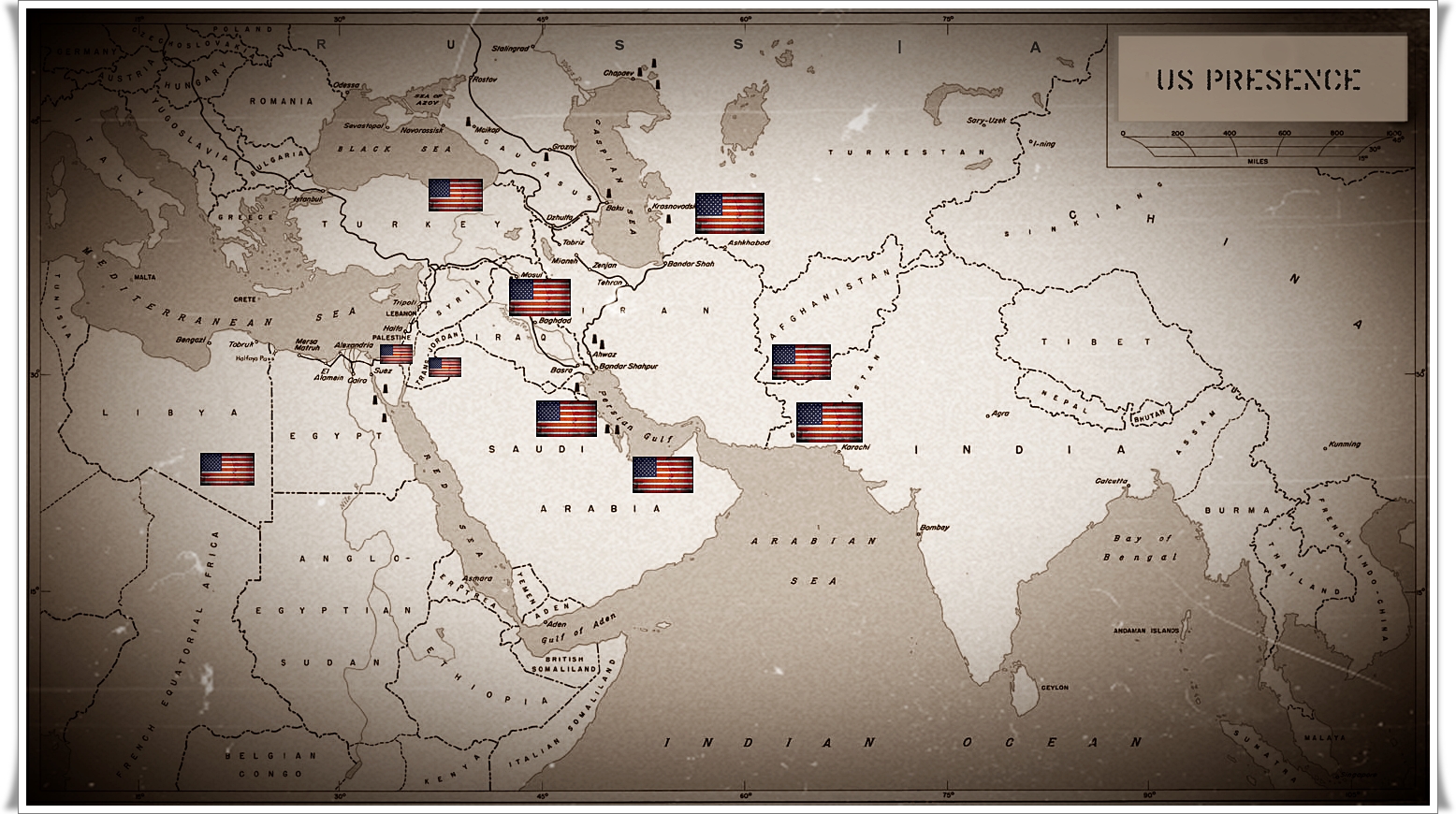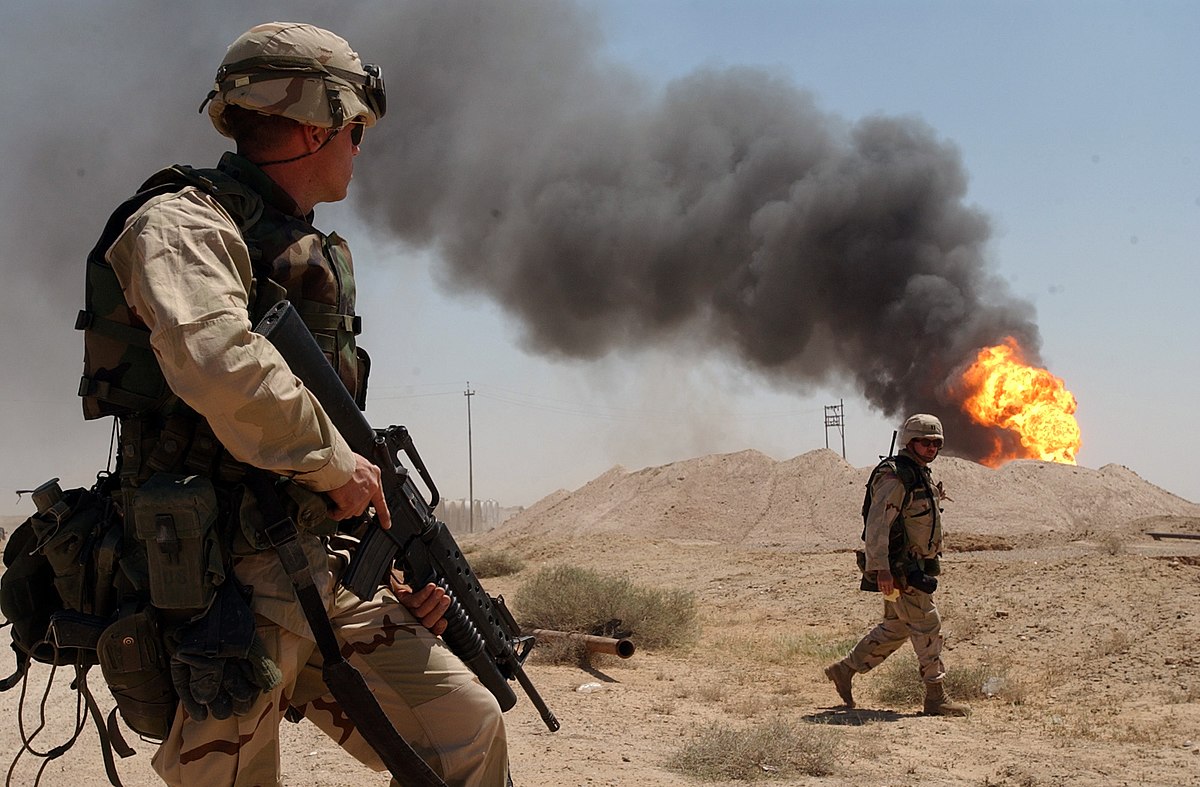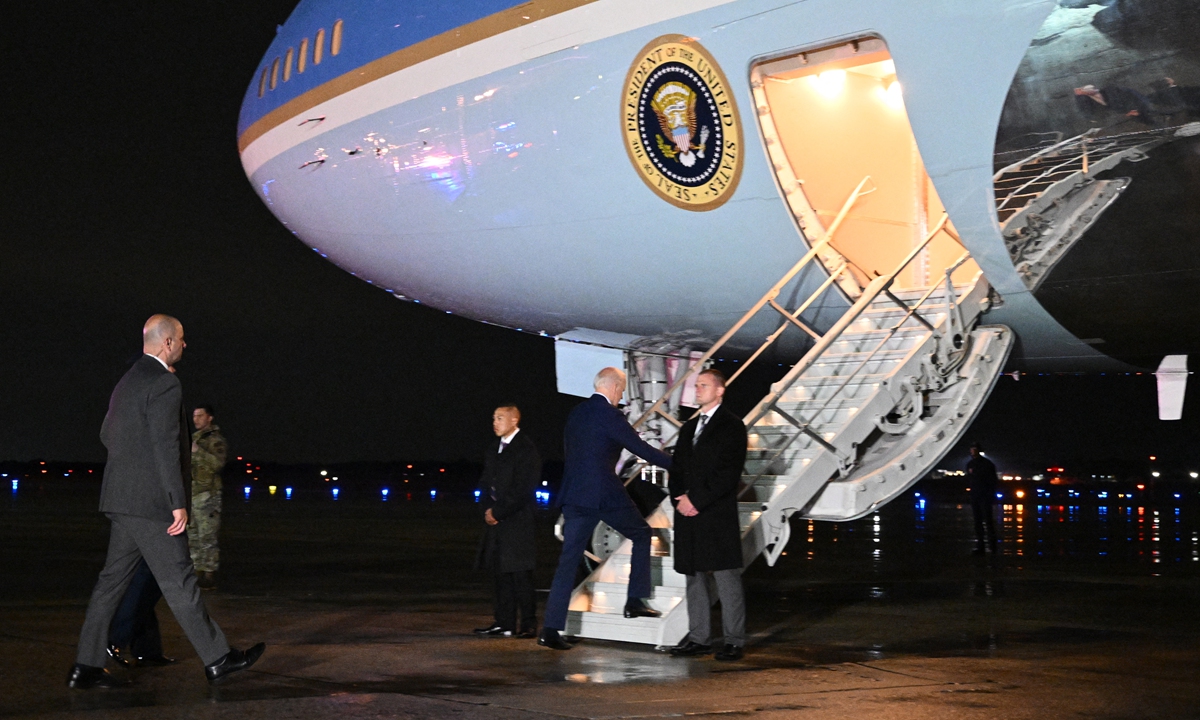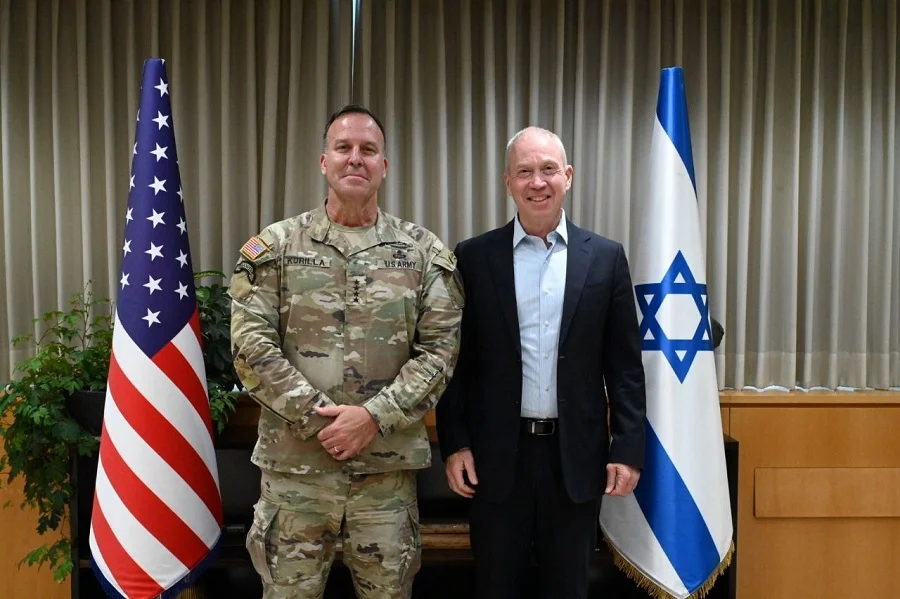Neocolonialism And U.S. Influence In The Middle East
Neocolonialism, a term coined to describe the subtle, indirect forms of imperialism, has manifested itself prominently in the intricate tapestry of the Middle East. This article delves into the dynamics of neocolonialism and the pervasive influence of the United States in the region, dissecting historical context, economic implications, military interventions, and the geopolitical consequences.
Author:James PierceReviewer:Paolo ReynaFeb 01, 2024179 Shares22.4K Views

Neocolonialism, a term coined to describe the subtle, indirect forms of imperialism, has manifested itself prominently in the intricate tapestry of the Middle East. This article delves into the dynamics of neocolonialism and the pervasive influence of the United States in the region, dissecting historical context, economic implications, military interventions, and the geopolitical consequences.
Historical Roots Of Neocolonialism In The Middle East
Legacy Of Colonialism
The specter of neocolonialismin the Middle East finds its roots deeply embedded in the legacy of colonialism. The bygone era witnessed European powers assert their dominance, carving up the region with little regard for historical, cultural, or ethnic boundaries. The consequence was the imposition of artificial borders that did not align with the socio-political realities of the Middle East.
In the aftermath of colonial rule, the Middle Eastern nations, having achieved independence, were left to grapple with the enduring ramifications of foreign interference. The legacy of colonialism cast a long shadow, creating a landscape riddled with economic dependencies and political vulnerabilities. The arbitrary divisions drawn by colonial powers sowed seeds of discord, setting the stage for neocolonial dynamics to take root.
Emergence Of Neocolonial Practices
The mid-20th century marked a pivotal juncture in the trajectory of the Middle East, witnessing the subtle yet impactful emergence of neocolonial practices. With the decline of direct colonial administration, external powers sought alternative means to exert influence over the region. Neocolonialism, as a concept, manifested through economic, political, and military avenues, allowing external actors to maintain control without the overt trappings of colonial rule.
Economically, neocolonial practices involved shaping trade agreements, investment policies, and resource extraction in a manner that favored the interests of external powers. Politically, these nations found themselves entangled in a web of diplomatic pressures, often aligning with the agendas of their former colonial masters. Militarily, strategic interventions and the establishment of military bases provided tools for maintaining influence and safeguarding perceived geopolitical interests.
Economic Dynamics In Neocolonialism
Resource Extraction
A prominent dimension of neocolonialism in the Middle East revolves around the strategic extraction of natural resources. Foremost among these resources is oil, a commodity that holds significant geopolitical importance. The United States, propelled by energy security concerns, has strategically engaged with oil-rich nations in the Middle East, influencing not only economic policies but also resource allocation within the region.
The extraction of natural resources, particularly oil, becomes a focal point of neocolonial economic strategies. Through diplomatic, economic, and trade relations, external powers forge alliances that ensure preferential access to these invaluable resources. This not only secures a steady supply for the industrial needs of these external powers but also places them in a position of economic influence over the resource-rich nations.
Economic Dependency
Neocolonial economic models, with their emphasis on resource extraction, often give rise to a pattern of economic dependency among Middle Eastern nations. This dependency becomes multi-faceted, encompassing investments, trade agreements, and overall economic stability. External powers, such as the United States, leverage this dependency to consolidate neocolonial control over the economic landscape of the region.
Investments from external powers, often channeled into strategic sectors, contribute to economic development but come with strings attached. These financial ties create a scenario where Middle Eastern nations find themselves reliant on external assistance for sustaining economic growth. Trade agreements, shaped to favor the interests of neocolonial powers, further entrench the economic dependency, creating a cycle that reinforces the asymmetrical economic relationship.
Military Interventions - Unveiling Neocolonial Agendas
Iraq And Afghanistan
The U.S. military interventions in Iraq and Afghanistan stand as stark exemplars of neocolonial agendas at play in the Middle East. Cloaked under the rhetoric of promoting democracy and stability, these operations have ignited debates and raised profound questions about the underlying motives that extend beyond altruistic intentions.
In both cases, the ostensible goal was to foster democratic governance and quell instability. However, a closer examination reveals a complex tapestry of motivations, including the pursuit of control over strategic geopolitical interests. The extraction of natural resources, the establishment of friendly regimes aligned with U.S. interests, and the geopolitical positioning in the region are indicative of neocolonial endeavors masked as interventions for the greater good.
Military Bases And Presence
The establishment of U.S. military bases in the Middle East serves as a tangible manifestation of neocolonial control. These bases transcend mere strategic outposts; they become pivotal instruments of geopolitical influence, projecting power across the region and shaping the dynamics of nations.
The presence of U.S. military bases signifies not only a military footprint but also an assertion of neocolonial authority. These bases strategically position the United States to wield influence over regional affairs. By projecting military power, external actors can dictate terms, influence political landscapes, and safeguard perceived geopolitical interests. This form of neocolonial control operates without the overt annexation of territories, yet it profoundly shapes the political and military contours of the Middle East.
U.S. Influence In The Middle East
Regional Alliances
The influence of the United States in the Middle East extends beyond unilateral actions, intricately shaping regional alliances. Some nations align closely with American policies, forming robust partnerships that transcend mere diplomatic ties. These alliances often serve as a means for nations to secure economic benefits, military assistance, or political support. Conversely, others resist external interference, seeking autonomy in their geopolitical decisions.
Exacerbating Tensions
Geopolitical alignments influenced by U.S. policies can exacerbate existing tensions within the region. The alignment of certain nations with the United States may create rifts or deepen divisions with nations that opt for a more independent stance. This intricate web of alliances contributes to the complexity of Middle Eastern geopolitics, where divergent interests and external influences intertwine.
Impact On Regional Stability
The interplay of neocolonial dynamics, fueled by U.S. influence, significantly contributes to regional instability. Proxy conflicts, often instigated by external powers seeking to exert influence, become prevalent. These conflicts go beyond national borders, drawing neighboring nations into intricate webs of alliances and rivalries. The result is a polarized Middle East, where sustainable peace and development face persistent hindrances.
Proxy Conflicts And Polarization
Proxy conflicts, characterized by external powers backing opposing factions in regional disputes, act as conduits for neocolonial agendas. These conflicts not only contribute to regional instability but also obstruct endeavors for sustainable peace and development. The polarized nature of these proxy conflicts heightens existing geopolitical tensions, impeding collective efforts for prosperity and harmonious coexistence. For more insights on the intricacies of U.S. influence and its geopolitical consequences, explore this analysis.
Strategies For Resistance
Sovereignty And Independence
Middle Eastern nations confront the formidable challenge of preserving their sovereignty and independence amidst the persistent pressures of neocolonialism. The struggle involves navigating economic dependencies and political vulnerabilities that have historical roots in colonial legacies. To counteract neocolonial influences, these nations embark on multifaceted endeavors.
Diversifying Economies
One strategic approach involves diversifying economies, reducing reliance on a singular industry or external aid. By fostering economic independence, nations aim to fortify themselves against manipulative economic practices that perpetuate neocolonial control. Investments in sectors beyond resource extraction contribute to building robust, diversified economies.
Strengthening Regional Alliances
Collaborative efforts are pivotal in countering neocolonial pressures. Middle Eastern nations recognize the strength in unity and form regional alliances to collectively assert their interests. Such alliances not only foster solidarity but also enhance bargaining power in diplomatic and economic negotiations, offering a collective shield against external dominance.
Diplomatic Initiatives
Diplomacy becomes a potent tool in the fight against neocolonialism. Nations employ shrewd diplomatic strategies to safeguard their interests on the global stage. Engaging in negotiations that prioritize national well-being over external demands becomes crucial in rebalancing power dynamics and reasserting control over domestic affairs.
Grassroots Movements
Civil society movements emerge as dynamic agents of change in countering neocolonial influences. Grassroots efforts are dedicated to empowering citizens, fostering awareness, and promoting active participation in governance. Transparent governance becomes a shared goal, where citizens are informed, engaged, and actively contribute to shaping the trajectory of their nations.
Economic Self-Sufficiency
Efforts to achieve economic self-sufficiencyat the grassroots level are instrumental. Encouraging local entrepreneurship, sustainable agricultural practices, and community-driven economic initiatives empower communities to withstand economic coercion. By reducing dependence on external actors, grassroots movements contribute to the dismantling of neocolonial economic structures.
Neocolonialism - FAQs
How Did Colonialism Impact The Middle East?
Colonialism had profound and lasting impacts on the Middle East. Here are some key ways in which the region was affected:
- Borders and Nation-States:European powers, through the Sykes-Picot Agreement and other arrangements, drew arbitrary borders, dividing the region without considering ethnic, religious, or cultural affiliations. This laid the groundwork for many contemporary geopolitical challenges.
- Economic Exploitation:Colonial powers exploited the region's resources, particularly oil. This economic exploitation created a dependency on external markets and set the stage for neocolonial economic dynamics.
- Cultural and Social Disruption:Colonial rule often disrupted traditional social structures and cultural practices. The imposition of foreign rule led to cultural clashes and contributed to identity crises in post-colonial societies.
- Political Instability:The legacy of colonialism includes the imposition of authoritarian regimes, fostering political instability. The creation of puppet monarchies and autocratic rulers was a common strategy to maintain control.
What Role Does The US Play As A Neocolonial Power?
The term "neocolonialism" refers to indirect forms of imperialism where powerful nations maintain control over weaker ones through economic, political, and cultural means. The United States has been accused of playing a neocolonial role in several regions, including the Middle East. Here are some aspects of the U.S. neocolonial role:
- Economic Influence:Through economic policies, trade agreements, and investments, the U.S. has shaped the economies of Middle Eastern nations, often to serve American interests.
- Military Interventions:U.S. military interventions in the region, such as those in Iraq and Afghanistan, are seen by some as efforts to assert control and influence the political landscape in alignment with U.S. interests.
- Cultural Hegemony:The influence of American culture, media, and technology worldwide, including in the Middle East, is considered a form of neocolonialism. It can lead to the erosion of local cultures and the dominance of Western values.
- Political Manipulation:The U.S. has been accused of manipulating political developments in the Middle East to install or support regimes that align with its geopolitical goals, even if it means disregarding democratic principles.
What Is An Example Of US Neocolonialism?
One example often cited as U.S. neocolonialism is the 1953 Iranian coup d'état. The U.S. Central Intelligence Agency(CIA) orchestrated the overthrow of Iran's Prime Minister Mohammad Mossadegh, who had nationalized the Iranian oil industry. The coup resulted in the reinstatement of the pro-Western Shah Mohammad Reza Pahlavi, marking a pivotal moment of U.S. intervention in the internal affairs of a sovereign nation to secure its economic interests. This event continues to shape perceptions of U.S. involvement in the region as a neocolonial force.
Conclusion
In the intricate dance of neocolonialism and U.S. influence in the Middle East, understanding historical nuances, economic intricacies, military interventions, and geopolitical consequences is paramount. As the region navigates a complex landscape shaped by external forces, the pursuit of sovereignty, economic autonomy, and regional stability remains a formidable challenge. The dialogue surrounding neocolonialism serves as a critical catalyst for shaping a future where Middle Eastern nations can chart their own course, free from the shadows of historical dependencies and external agendas.

James Pierce
Author

Paolo Reyna
Reviewer
Latest Articles
Popular Articles



